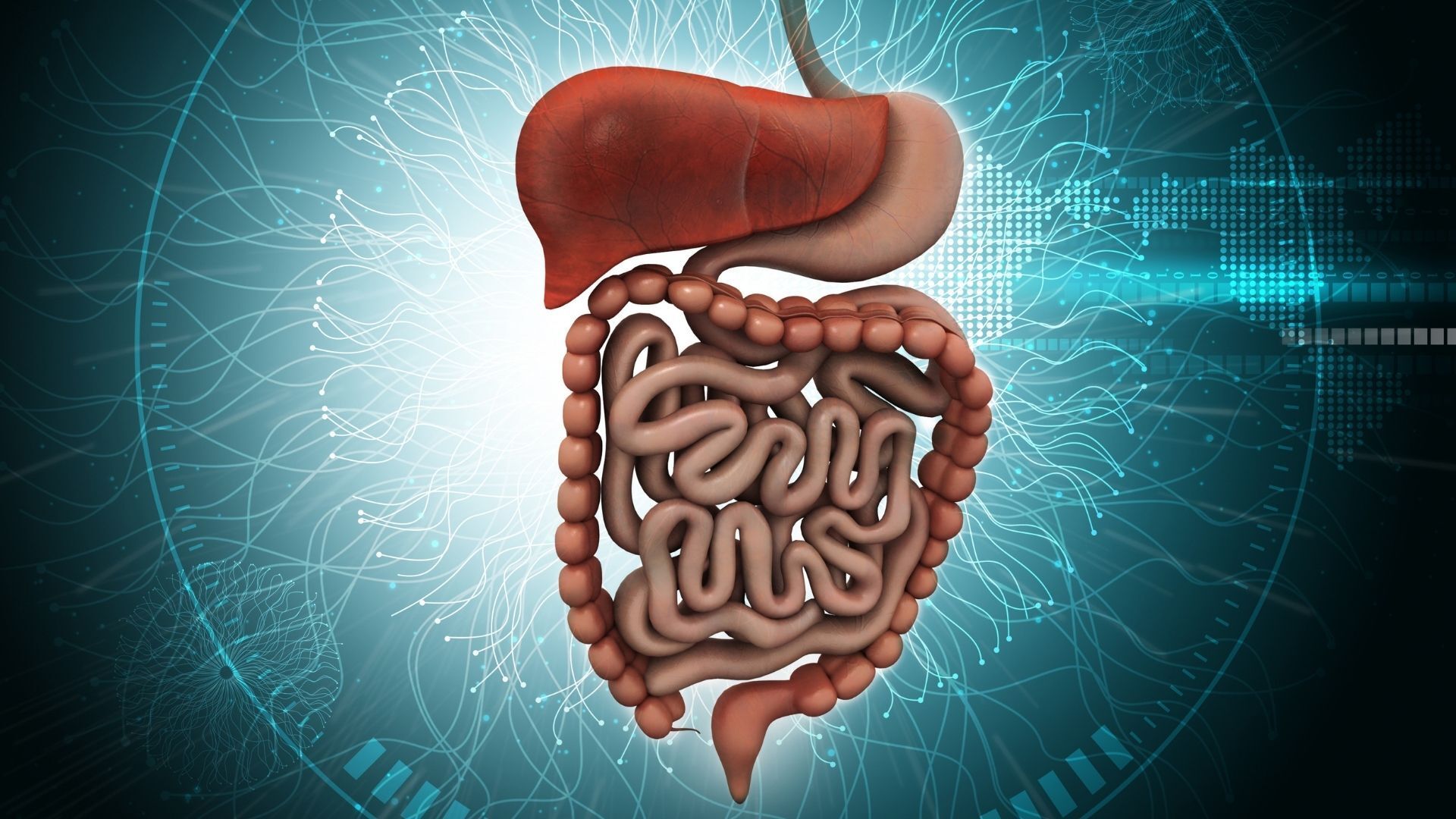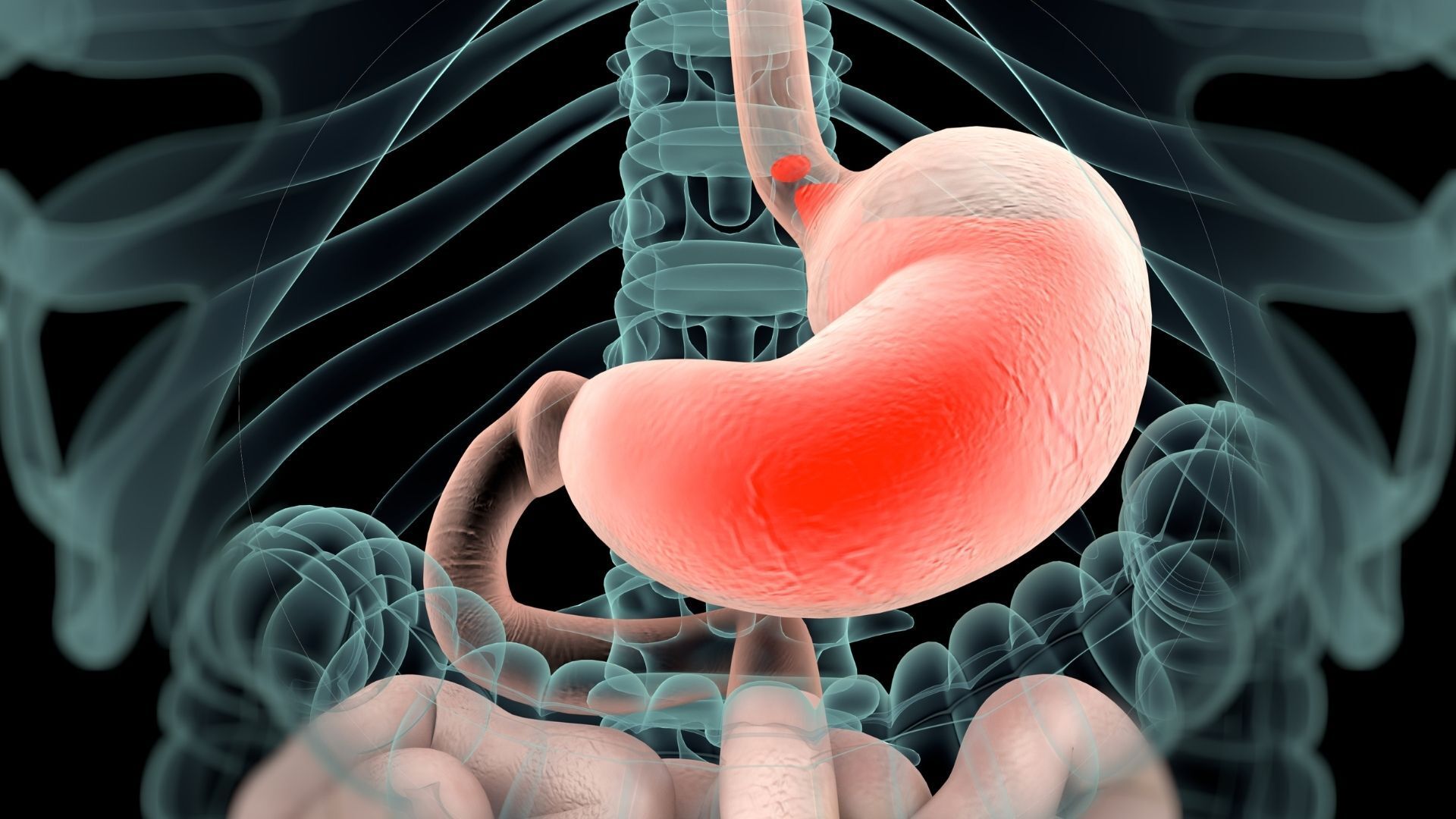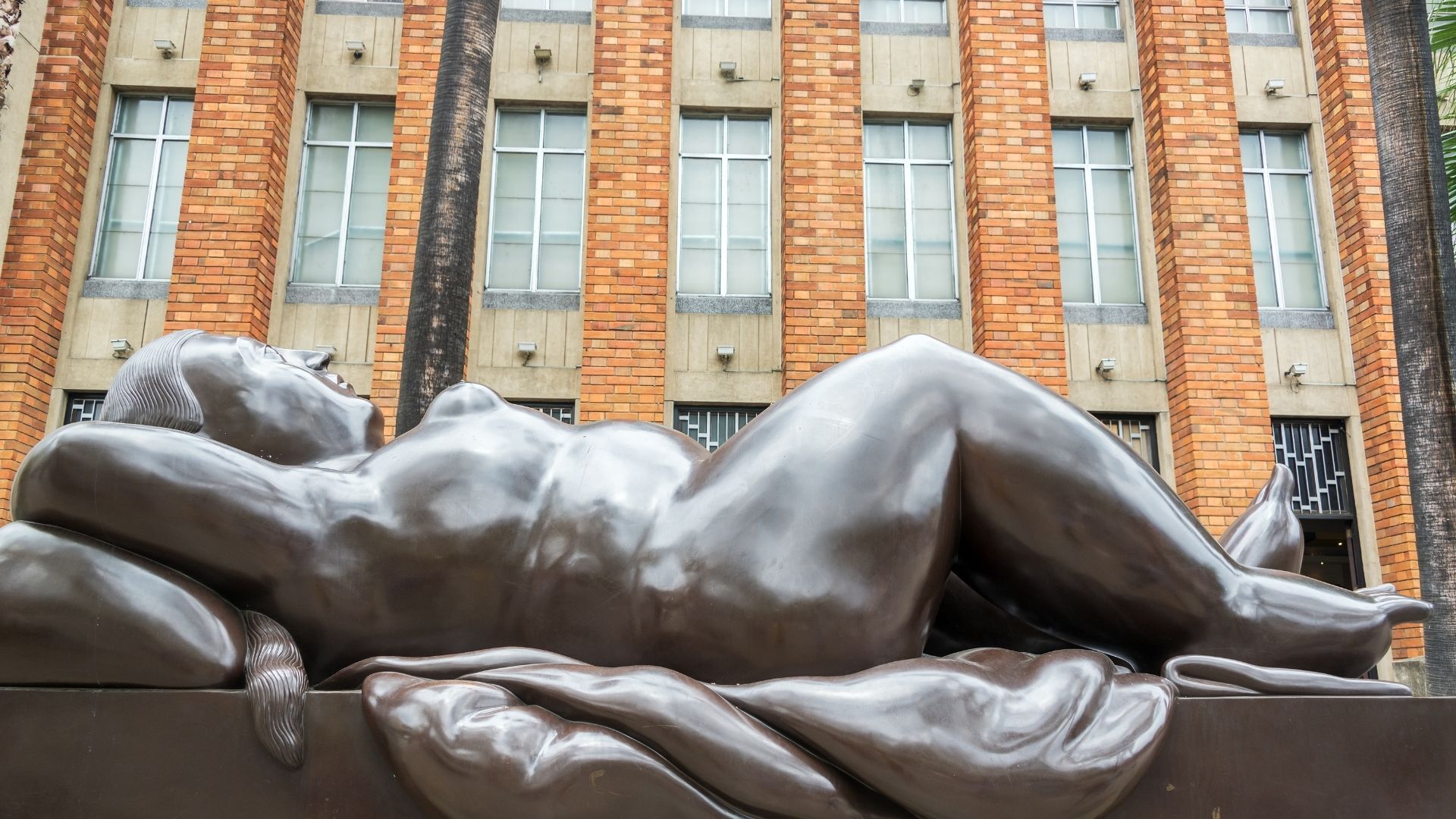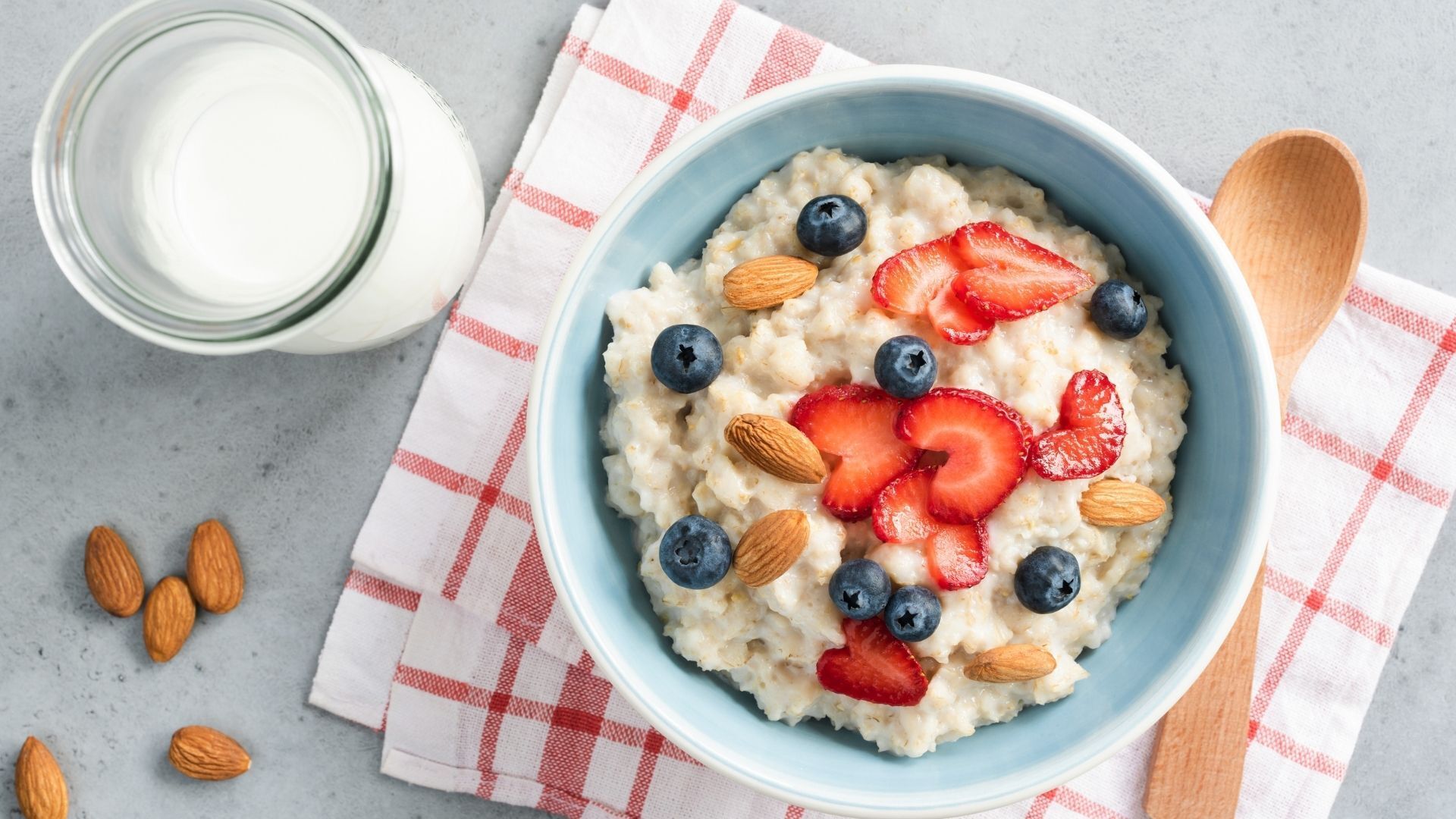GERD - Part 1
GERD - Part 1
“All disease starts in the gut.” ~ Hippocrates (the father of Medicine)
GERD is the medical term for Acid Reflux and the common description is “heartburn”. Just to be clear, this condition has nothing to do with anyone’s heart burning. What happens, in general, is that for a variety of reasons we will discuss, the acidic contents of the stomach leak up to the esophagus where that acidity is not tolerated by this tissue. When this happened, one experiences the acid burning on the lining of the esophagus. Many people have this condition of GERD or acid reflux (heartburn) and there are ways to ameliorate or eliminate the symptoms. In this two part Blog presentation we are going to review normal digestion principles how and why GERD might occur. In Part 2 we will detail some ways to lower the discomfort of heartburn and to review treatment and some pitfalls of self-treatment.
In Part 1, we will cover how the body is naturally functioning especially in the environment of the esophagus and stomach and some common reasons heartburn symptoms might develop.
Let’s first talk about why the stomach produces acid enough to cause the burning. The stomach is at an acidic ph. of 2-3 where neutral Ph. is about 7 which is close to the acidity of our blood. There is more of the physiology to understand that could be helpful. Let’s do this in the form of questions and answers.
Question: Why does our stomach environment remain acid when we eat foods?
Answer: It is the best environment for absorption of nutrients that we ingest.
- It is in this environment that proteins especially, can be broken down into parts that we can absorb for nutrition.
- This acid environment also is beneficial to absorb other nutrients such as vitamins and minerals that serve as co-factors in many biochemical pathways to keep your body running efficiently especially while you are working to release extra pounds.
- Another very important function is an initial line of defense against bacteria or viruses that we might encounter when taking in food or beverages. The acidic stomach denatures those bacterial and viral proteins and renders them harmless to the body. We then are more likely to avoid infections. We also have that ability through our nose with the hairs there and mucous which traps airborne bacteria or viruses. Our bodies are always working to keep us well.
Question: How does normal digestion occur?
Answer: The answer is in the physiology of digestion.
First of all LES, which stands for the Lower Esophageal Sphincter is a round area at the bottom of the esophagus. It is located at the junction of the stomach and it is made up of smooth muscle. As it is a muscle, it sometimes contracts and closes the space between the esophagus and the stomach and sometimes it is appropriate to be open for short periods of time. The LES does serves as a barrier so that acid containing stomach contents normally do not come in contact with the esophagus. When it is functioning properly, it naturally only opens long enough and timed perfectly to allow food to pass through.
Question: Why does the LES open too long?
Answer: There are several reasons the LES relaxes too much for too long.
- The timing mechanism for opening after swallowing is disrupted and it stays open too long. This is a function of signals misfiring with the stretch receptors of the stomach for example.
- Often extra weight in the middle of the body creates ‘up pressure’ on the LES and it is forced open too long mechanically.
- Foods and drugs and medical conditions can cause this laxity of the LES. Here’s a common list
- Foods like : chocolate, alcohol, peppermint, caffeine
- Hormones like progesterone
- Drugs such as inhalers
- Certain drugs such as morphine, meperidine, treatments for blood pressure like Calcium channel blockers, benzodiazepine such as diazepam
- Conditions like Diabetes, Barrett’s esophagus
- Smoking and Stress.
- Hiatal hernia which is a portion of the stomach pouching through the LES. This condition can resolve with weight reduction.
- GERD can result but not always in the cases of a sliding hiatal hernia by mostly widening the junction between stomach and esophagus. Reducing weight can positively effect this problem or resolve it.

Question: Are there other contributing factors to creating GERD?
Answer: Yes.
Other contributing factors: have to do with gravity along with eating late at night or eating too much late in the day. If after doing this this one goes to bed, then lying down flat with full stomach can contribute to the upward flow of acid contents of the stomach. Spicy foods that stimulate digestive juices which are acidic combined with lying down work against gravity. In this situation then the stomach contents can flow up where they should not be.
Question: What are some ways to avoid GERD or acid reflux i.e. heartburn?
Answer: Here are some ideas below.
Treatment of symptoms and underlying cause are found in lifestyle changes and are accomplished with clear intention and firm resolve to heal this condition.
- Weight reduction.
- Avoid spicy food especially later at night or evening meal.
- Upside down positions after a meal such as yoga.
- Avoid foods, like alcohol, and try to decrease the use of some drugs like inhalers, talk to your doctor if on a Ca channel blocker for HTN if GERD is too much of a problem.
- Stop smoking.
- Take steps to reduce stress which shift hormones in the body and are favor resolution of GERD.
- Alleviation of GERD may require a combination of healthy steps
- Increase transit time of stomach contents to relieve up pressure with the use of enzymes with meals including betaine.
Read Part II
This is only Part 1 of this article. To read part 2, please click on the blog, "GERD - Part 2". Enjoy!






